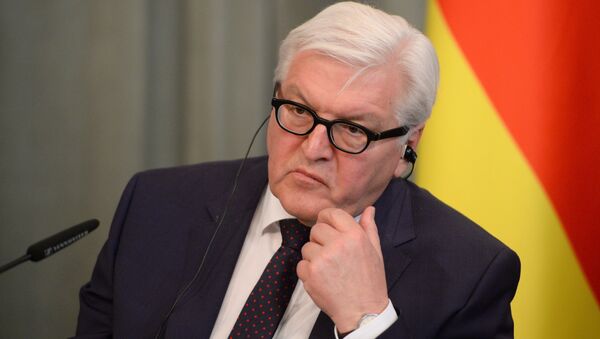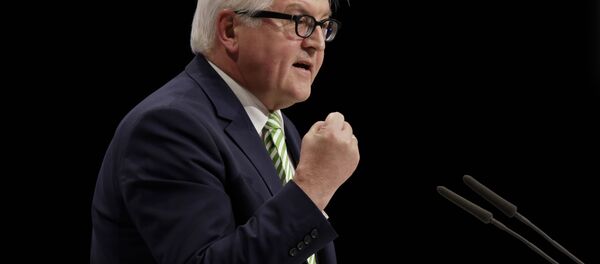Earlier this month, European Commission President Jean-Claude Juncker said that the European Union needed its own armed forces to "fulfill" its mission in the world. He added that it was not absolutely necessary to be a NATO member state to participate in the proposed European army, which could be not of an offensive nature.
The idea of such an army has been repeatedly criticized by NATO officials, as well as by the UK authorities, who claimed that London would veto the move, which was prior to the British voters deciding to leave the 28-nation bloc on June 23.
NATO-Russia relations deteriorated sharply in 2014, following the beginning of an internal conflict in eastern Ukraine and Crimea's reunification with Russia. The alliance accused Russia of meddling in the Ukrainian conflict and began to reinforce its presence in Eastern Europe, in response to what it considers Moscow's aggressive foreign policy.


